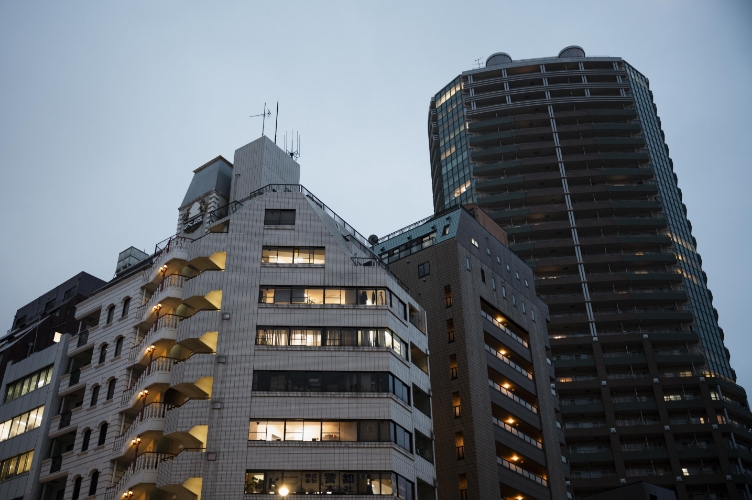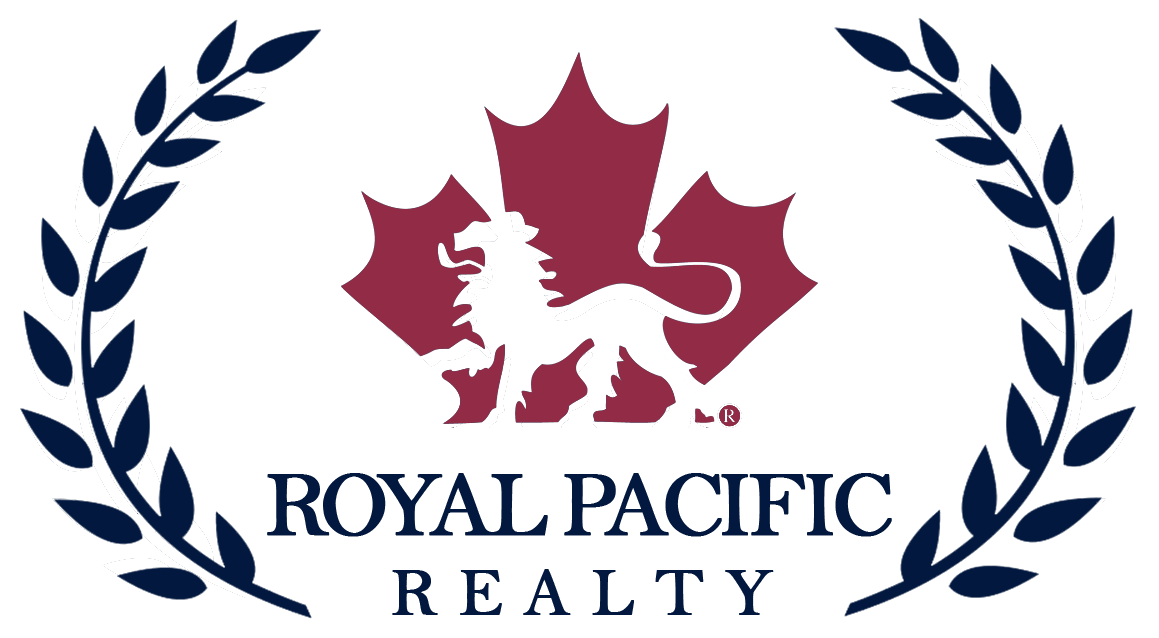Vancouver Real Estate Statistics and Report
- Oct 15, 2023
This article seeks to give a thorough statistical overview of Vancouver's real estate market, highlighting the patterns, obstacles, and chances that characterize it.
Introduction
Vancouver, a city renowned for its stunning landscapes, cultural diversity, and economic vitality, has always been a magnet for real estate investors. The city's real estate market is a dynamic entity, constantly evolving and adapting to the changing economic landscape. This article aims to provide a comprehensive statistical overview of Vancouver's real estate market, shedding light on the trends, challenges, and opportunities that define it.
Property Values and Sales
Vancouver's real estate market is characterized by its high property values. According to the Real Estate Board of Greater Vancouver (REBGV), the benchmark price for all residential properties in Metro Vancouver stood at $1.175 million in August 2023, a 5.2% increase from the previous year. This continuous upward trend in property prices is a testament to the city's robust real estate market, reflecting the high demand for properties in this vibrant city.
The city's housing market is divided into two main segments: detached homes and condominiums. Detached homes in Vancouver have always been in high demand, with the benchmark price reaching $1.8 million in August 2023, a 4.8% increase from the previous year. This segment of the market is driven by families and individuals who value the space, privacy, and flexibility that detached homes offer.
On the other hand, the condominium market has seen a more modest growth, with the benchmark price standing at $690,000, a 3.5% increase from the previous year. Condominiums are particularly popular among young professionals and investors, who are attracted by their affordability, convenience, and the lifestyle they offer.
Rental Market
The rental market in Vancouver also plays a significant role in the city's real estate landscape. According to the Canada Mortgage and Housing Corporation (CMHC), the average rent for a two-bedroom apartment in Vancouver was $2,200 in 2023, a 2.9% increase from the previous year. This steady increase in rental prices reflects the city's growing population and the high demand for rental properties, particularly in the city's downtown area.
Challenges and Opportunities
However, like any other market, Vancouver's real estate market faces its share of challenges. The city's high cost of living and the limited availability of affordable housing are major concerns. Moreover, the impact of the COVID-19 pandemic and the subsequent economic downturn have added a layer of uncertainty to the market. These challenges have led to increased scrutiny of the market and calls for policy interventions to ensure its sustainability.
Despite these challenges, the future of Vancouver's real estate market looks promising. The city's strong economic fundamentals, coupled with its strategic location and high quality of life, are expected to continue driving demand for properties. Moreover, the city's ongoing efforts to increase the supply of affordable housing are expected to help balance the market and ensure its long-term sustainability.
Efforts to Increase Affordable Housing
The city of Vancouver has implemented several measures to address the issue of affordable housing. These include inclusionary zoning policies, which require developers to include a certain percentage of affordable units in their projects, and providing incentives for the development of affordable housing. The city is also investing in social housing projects and working with non-profit organizations to increase the supply of affordable housing.
In addition to the city's efforts, the provincial and federal governments are also playing a role in addressing Vancouver's housing affordability issue. The British Columbia government has implemented measures such as the Speculation and Vacancy Tax, aimed at discouraging housing speculation and encouraging the conversion of empty properties into rental units. At the federal level, the First-Time Home Buyer Incentive program has been introduced to make homeownership more affordable for first-time buyers.
Furthermore, the private sector is also contributing to the solution. Developers are increasingly focusing on building more affordable housing units, and innovative housing models such as co-housing and micro-apartments are gaining popularity. These initiatives, combined with government efforts, are expected to gradually alleviate the housing affordability issue in Vancouver, making the city's real estate market more accessible to a broader range of people.
Are you looking for a presale in Vancouver? Check out these options:
• Elle presale
• Etoile Gold presale
• Ashton presale
• Komo presale
• Lodana presale
The Impact of Foreign Investment
Foreign investment has been a significant factor in Vancouver's real estate market. The city's strategic location on the Pacific Rim makes it an attractive destination for international investors. While this has contributed to the high property prices, it has also led to increased development and economic growth. However, concerns have been raised about the impact of foreign investment on housing affordability. In response, the government has implemented measures such as the Foreign Buyers Tax to ensure that the benefits of foreign investment are balanced with the needs of local residents.
The Role of Technology in Real Estate
Technology is also playing an increasingly important role in Vancouver's real estate market. Digital platforms and tools are making it easier for buyers and sellers to navigate the market, while data analytics are providing more accurate and timely information about market trends. This is helping to increase transparency and efficiency in the market, benefiting both consumers and real estate professionals. Looking ahead, technologies such as virtual reality and blockchain could further transform the way real estate transactions are conducted in Vancouver.
FAQs
1. Q: Why are property prices so high in Vancouver?
A: Vancouver's high property prices can be attributed to several factors, including the city's strong economy, high quality of life, and limited land supply. The city's strategic location on the Pacific Rim also makes it a desirable location for both local and international investors.
2. Q: What is the outlook for Vancouver's real estate market?
A: Despite the challenges posed by the high cost of living and the impact of the COVID-19 pandemic, the outlook for Vancouver's real estate market remains positive. The city's strong economic fundamentals and high quality of life are expected to continue driving demand for properties.
3. Q: What is being done to address the issue of affordable housing in Vancouver?
A: The city of Vancouver is taking several measures to increase the supply of affordable housing. These include implementing inclusionary zoning policies, providing incentives for the development of affordable housing, and investing in social housing projects. The city is also working with non-profit organizations to increase the supply of affordable housing.
Read more about: Vancouver home buying guide


 فارسی
فارسی
 English
English





